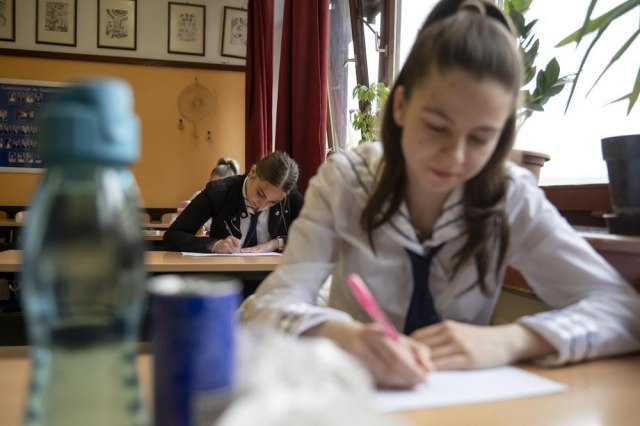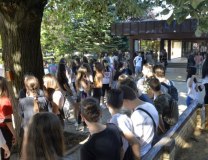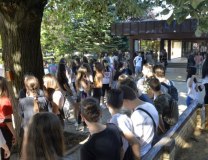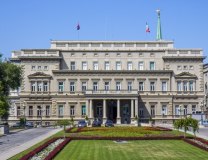School holidays change again: Here's how next school year's curriculum will look like
Turbulent and sudden changes in the school system from 2020 onward do not seem to stop. New school curriculum for the year 2022/2023 experienced new changes.
Source: Blic
According to the new school curriculum, instead of the autumn break, primary school students will have an extended weekend lasting three days, while high school students will have a winter vacation seven days shorter than elementary school students.
The mentioned changes that were published in the new Educational Gazette led to thinking why the shortening of autumn and winter holidays was necessary in the next school year, what were the calendars so far, and on what basis is it decided?
What can be concluded from the mentioned calendar for now is that the first semester for primary school students will start on Thursday, September 1, and will end on Friday, December 30, while the second semester will start on January 23, 2023 and will last until 6 June for eighth graders, i.e. June 20 for students from first to seventh grade, writes Blic.
When it comes to high school students, the beginning and end of the first semester will not differ from the eighth, while in the second semester there will be visible changes, i.e. it will start for them 7 days earlier, i.e. from January 16, 2023, and will end on June 20th.
If you compare the calendars for the school year 2021/2022 and 2022/2023 year, it is evident that in the school year that is coming to an end there was no shortening of autumn and winter holidays, i.e. that in the school year 2021/2022, the autumn break lasted from January 8 to 14, and the second semester began for high school students on January 24, in the same time as for elementary school students, and not as planned for the next school year - January 16.
As explained by the Ministry of Education for Blic, the calendar of educational work or school curriculum is adopted for each school year, adjusting to the annual calendar, i.e. calendar year, and therefore, as they further explain, the school calendar differs for each school year.
"During its preparation, the needs of the implementation of teaching and learning programs in schools are taken into account - the annual fund of classes by subjects, programs and activities, i.e. the prescribed number of classes, as well as working and non-working days, continuity in work and rest" and at the same time, the regulations governing state and other holidays in the Republic of Serbia are respected", said the Ministry.
As it says in the new school calendar, unlike last year, the autumn break will be much shorter for the eighth graders, and the Ministry of Education explains what it is really about, and why it will now last only three days.
"Autumn break is always planned in November and is related to the national holiday of the Day of Reconciliation in the First World War - November 11. In previous years, this, along with another non-working day, was linked with the weekend. This break in the teaching and educational process was somewhat longer only last year due to the worsening of epidemiological situation at that time," the Ministry said.
On this occasion, the Ministry of Education explained to Blic, the changes are visible when the start of the second semester for high school students is in question.
"Elementary school students have 36 work weeks, and high school students have 37 work weeks. Due to this difference in the number of work weeks, the school calendar has always been different for elementary and high school students. The changes are evident during the winter, and sometimes during the spring break", they point out in the Ministry.
According to them, the school calendar is published every year until June 1 for the next school year, so parents can be informed about working days and holidays and plan free time accordingly, and conclude that the school calendar can be changed in exceptional cases by decision of the Minister, at the request of the school with the consent of the Minister and at the request of the unit of local self-government with the consent of the Minister.











